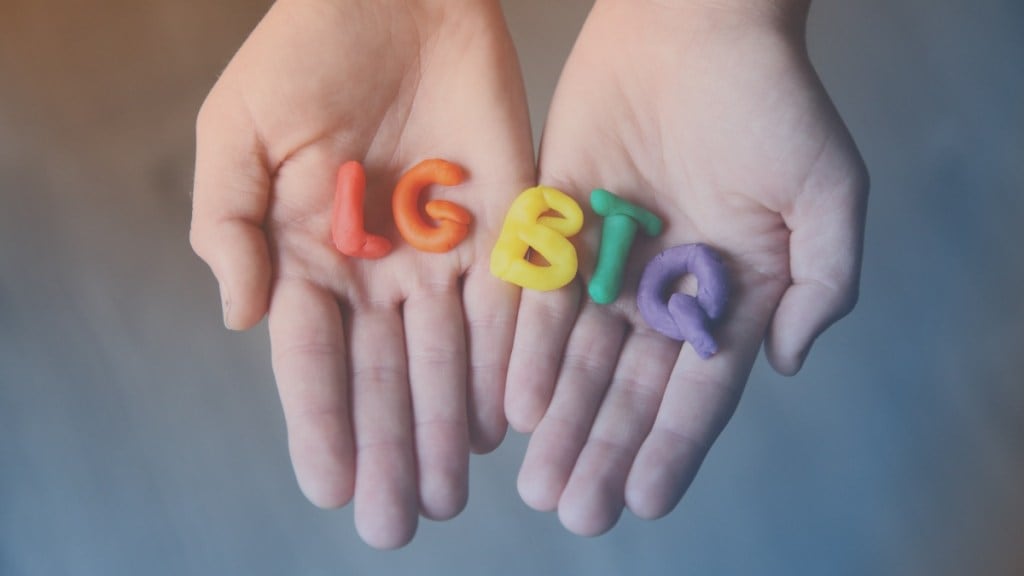By Trisha Shreyashi
In a major blow to the LGBTQIA+ community’s hopes, the Supreme Court’s verdict on the legality of same-sex unions against the cause of equal marriage rights for queer couples has left the ball in the government’s court. The majority opinion held that there is no fundamental right to marriage, civil union, or adoption of children. The bench unanimously held that the LGBTQ+ community has the right to love and to cohabit as they choose.
The key issues that stood before the court pertained to whether the SC can make a declaration to the effect that the LGBTQIA+ community has a right to marriage and if the exclusion of queer marriages from the ambit of Special Marriages Act, 1954 amounted to discrimination under Article 14.
While the pronouncement stops short of upholding equal marriage rights, it recognises that choosing a life partner is a fundamental right under Articles 19 and 21. Thus, homosexual couples cannot be discriminated against, and issues directives to the state to ensure all the legally recognised entitlements that are available to queer marriages. It does not appear to have made any material impact, on the surface but touches on the pertinent aspects of queer rights in India.
Noting that queerness is not an urban or elite concept, the ruling reflected deep empathy. Thus, it is imperative to delve into the nuances of the court’s reluctance to grant equal marriage rights.
Contours Of Queer Marriage Verdict
Conscious Creation Of Law, Limitations To Judicial Review And Separation Of Powers
Leaving the dream of equal marriage rights unfulfilled, the Bench declined to rule on the legitimacy of queer marriages and read into the SMA’s ambit. The central premise is that the court in the exercise of the power of judicial review must steer clear of matters impinging on policy. The ruling is a precedential jurisprudential milestone on the issue of limitations to judicial review on account of the separation of powers between the organs of the government.
In the instant case, there is no existing legislation that recognises same-sex marriages in India. Further, marriage is a customary and statutory institution. Thus, it would have required an issuance of positive directions for enforcement of such an entitlement which does not yet exist.
Such a step would compel the court to make interpretative insertion into the existing legislative framework governing marriages; i.e.: SMA through a judicial diktat. Substitution of gender-neutral terms would lead to anomalous results besides setting a dangerous precedent.
Gender-neutral interpretation, much like many seemingly progressive aspirations, may not really be equitable at times and can result in women being exposed to unintended vulnerability, especially when genuine attempts are made to achieve a balance, in a social order that traditionally was tipped in favor of cis-heterosexual men.
Such a gender-neutral interpretation and substitution would complicate an already exhausting path to justice for women and leave room for the perpetrator to victimise them. A law is not merely meant to look good on paper; but is an effective tool to remedy a perceived injustice, addressed after due evaluation about its necessity. Therefore, a law that was consciously created and fought for, by women cannot, therefore, by an interpretive sleight be diluted.
Furthermore, the power of the judiciary is limited to objective assessment, adjudication, and interpretation of existing legislation and administrative action on the anvil of the Constitution. The reasoning for the structural and functional separation of powers is straightforward.
The legislature’s role is to aggregate voter preferences which when not done through democratic means, is subjected to judicial scrutiny. However, the reach of judicial review is limited to the extent of interpreting, modifying, reversing and voiding an existing law.
The Judiciary ought not to venture into starry-eyed propositions of super legislation with one stroke of the gavel. Shri KK Venugopal, in a dialogue with the Indian Express, raised a note of caution that the powers of judicial review ought not to be used to undermine the biggest forum of representative democracy – the Parliament.
It can extend only to striking down offending legislation and issuing substantive directions to give effect to fundamental rights, in certain situations as was done in the matters of the right to die with dignity, Vishakha Judgment, Shakti Vahini, Shafin Jahan etc.
The anticipation of the pronouncement was being considered a milestone for LGBTQIA+ following the historic 2018 judgment decriminalising same-sex relationships. One cannot, however, deny that the ruling is a step back in time.
Nonetheless, such judicial creation of a social and legal institution that is essentially the legislature’s construct would create havoc in the functioning of the three organs of the government.
Whether the decade-long quest for equal marriage rights will happen through proactive action of the State itself or as an outcome of sustained public mobilisation is a reality that will play out on India’s democratic stage and something only time can tell. One can only be hopeful that the government’s high-powered committee delivers on its promises to look into the rights, entitlements and concerns of homosexual couples.
(The author is a lawyer and a columnist. Views expressed are personal and not necessarily that of financialexpress.com)

